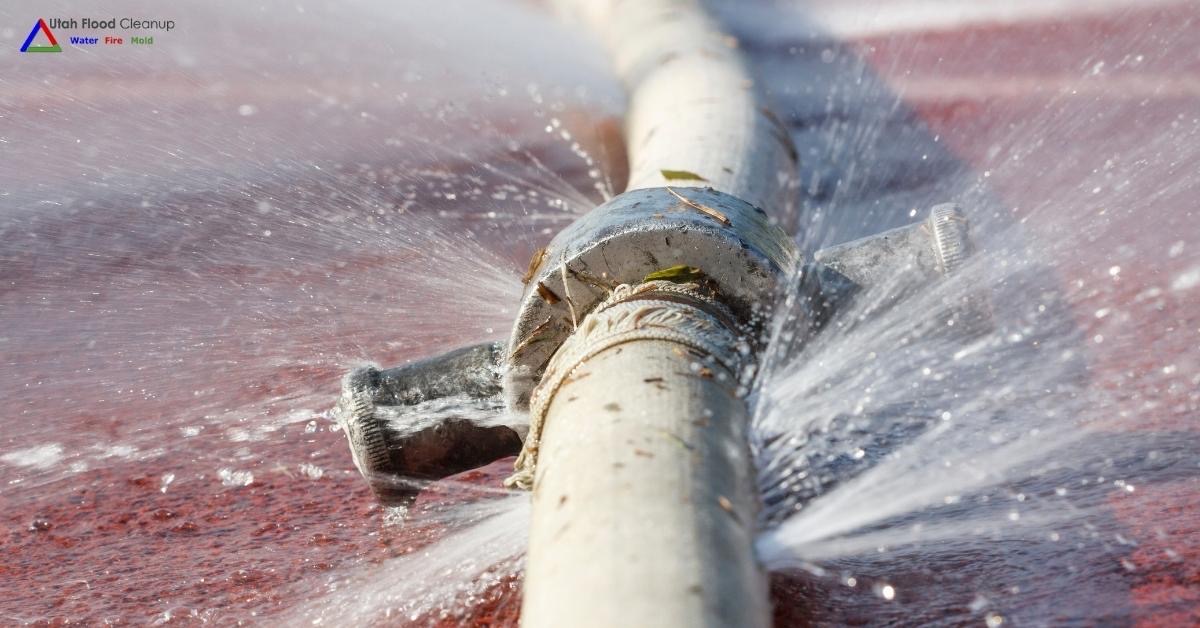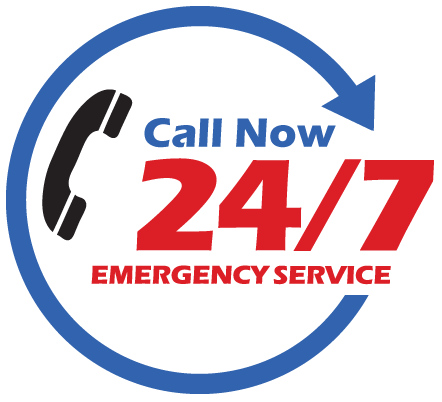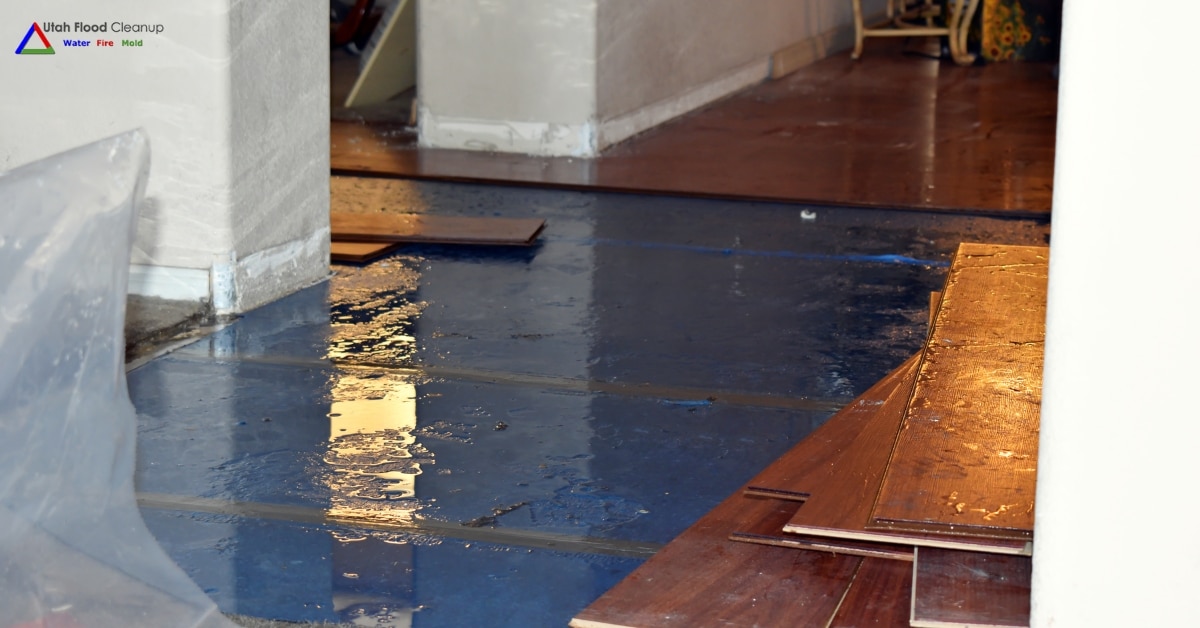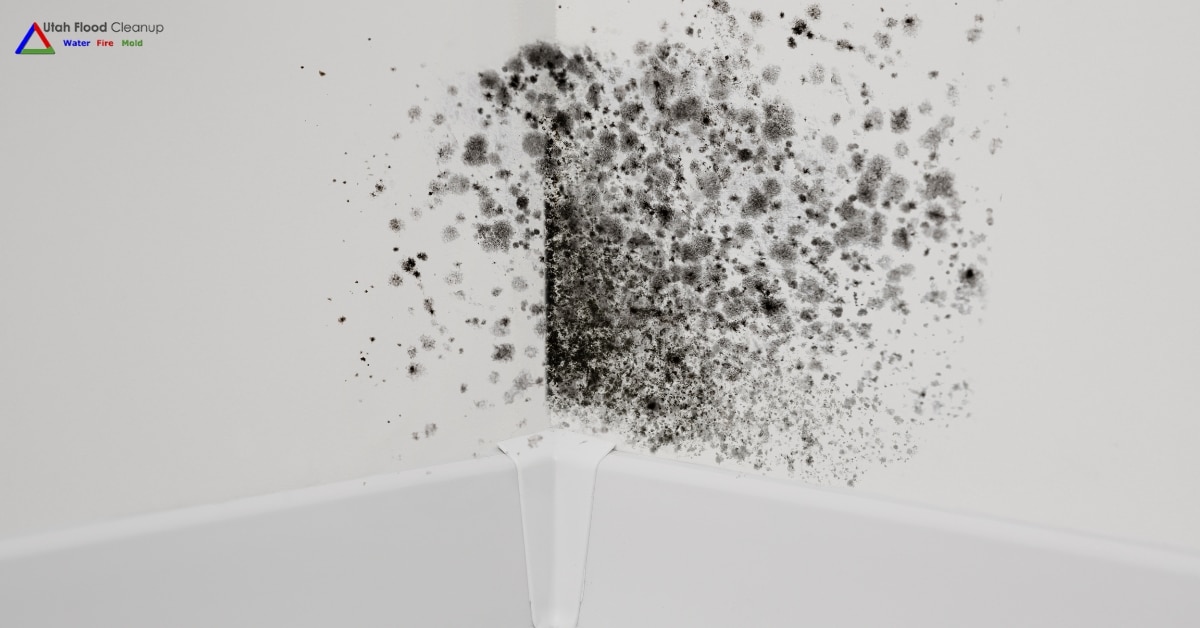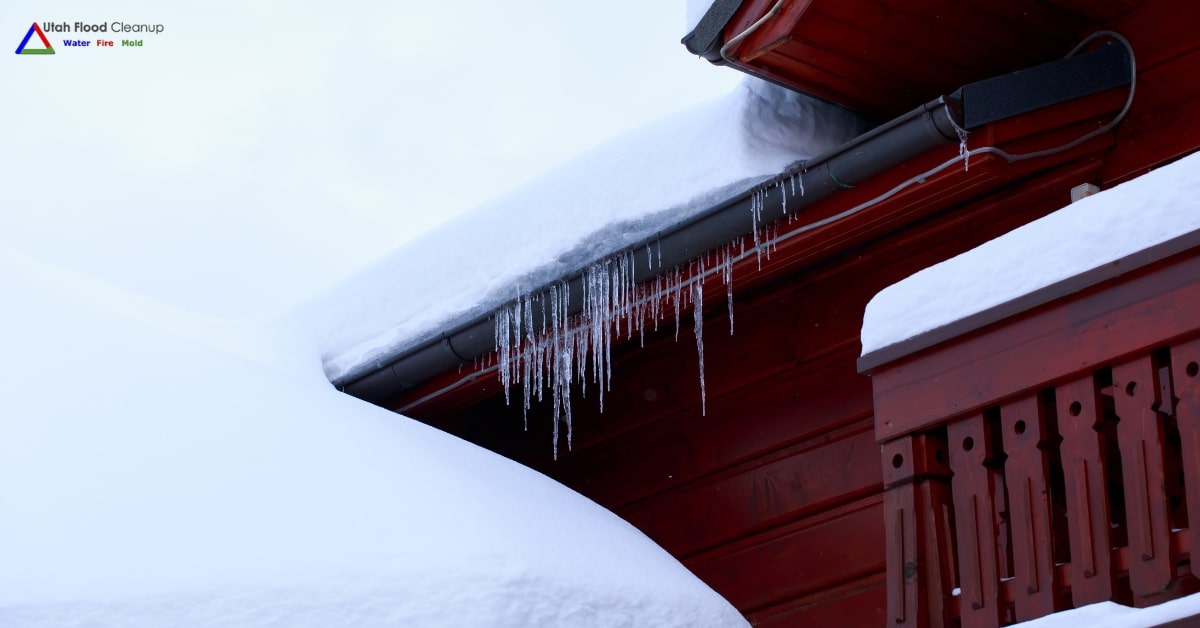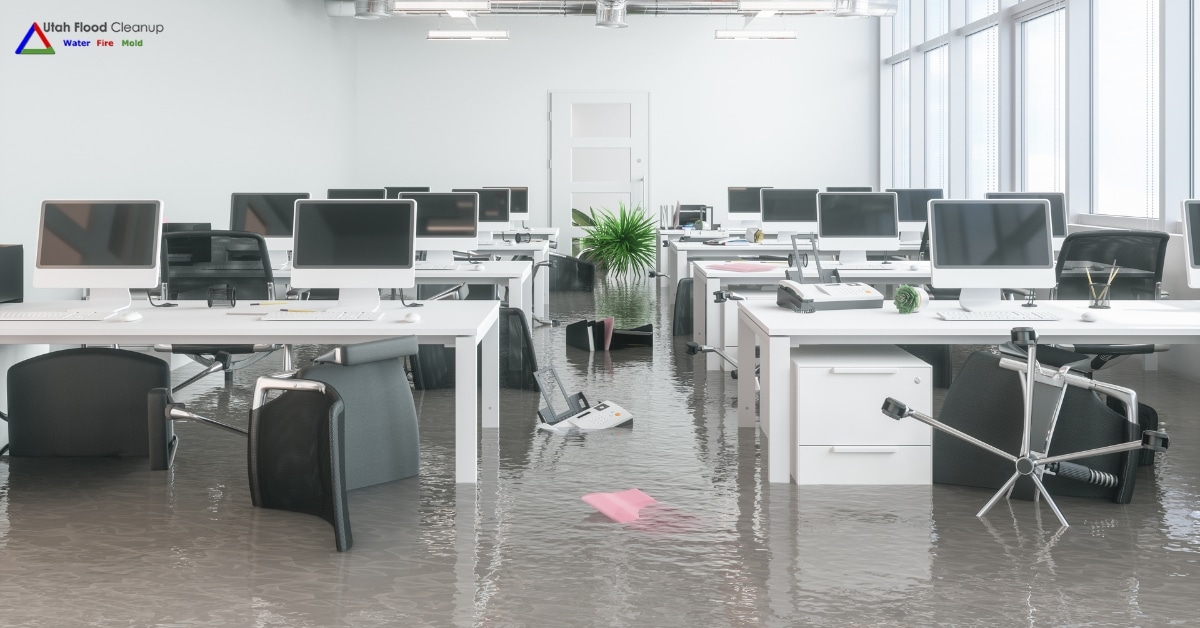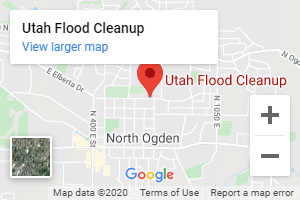If you're one of the lucky ones and have never experienced a burst pipe, then count your blessings! Pipe bursting can cause a lot of water damage, so it's important to know what to do if it happens. Here are some tips on how to deal with a burst pipe.
Steps To Take Immediately After a Water Pipe Bursts
Pipe bursting is a common occurrence, as roughly fifty million homeowners experience a burst pipe every year. One of the significant issues that burst pipes bring is that a 1/8 inch crack can easily lead to over 250 gallons of water flooding your home daily if left untreated. However, with each flood situation being different, each requires a unique solution.
Considering the collateral water damage that a burst pipe has to offer, it's crucial to take action once a piping problem occurs. Here's a step-by-step guide for halting damage from a burst pipe:
Turn Off Your Main Water Supply
This is the first and most crucial step in avoiding further water damage to your home. Shutting down your main water supply stops all water throughout the home and makes it easier to repair the burst pipe. In some cases, you may have to turn off your main power switch if the leak is happening near an electrical source.
Turn Off Valves
If the burst pipe routes from a hot water tank, close off the hot water valve to avoid water loss and possible injury.
If The Pipe Is Frozen
If the pipe happens to be frozen, don't let it thaw.
Once The Water Is Shut Down
Call a professional immediately once you shut off the water. This avoids further damage to your piping and property.
Take Inventory
Take inventory of the damaged property from the burst pipe. Once this is accumulated, contact your insurance provider.
Signs You May Be At Risk of A Pipe Bursting
There are various causes of pipes bursting, but there are a few very common problems that lead to that kind of plumbing emergency. Most instances of pipes bursting do not occur suddenly without warning. So, monitor your home’s plumbing lines throughout the year, and especially keep an eye out for the most frequent risk conditions. Why do pipes burst?
Water Freezing in Pipes Can Cause Them To Burst.
Water freezes at 32 degrees Fahrenheit. When frozen water is in a pipe, it causes the pipe to contract, and the pipe can burst from the water pressure building in it. Even indoor plumbing lines may not be protected well enough from the risk of this situation.
Unburied Outdoor Pipes in Freezing Temperatures Without Heat Tape Are at Risk.
Or, if indoor pipes run along a poorly insulated exterior wall, they are vulnerable to freezing and bursting. But, if external sections of pipes are wrapped and internal lengths run through a warm wall or basement space with effective insulation, they’re likely not at risk of freezing.
If Your Pipe Is Already Frozen, You Need To Act Quickly.
One way to detect a frozen pipe is to turn on the faucet and see if the water is running. If no water comes out of the faucet, first check other faucets. Then, inspect for a leak or burst pipe along the water lines from the faucets to the main water pipe coming into your home.
Pipes Exposed To Extreme Heat Are Also at Risk of Bursting.
Severe summer temperatures outdoors or in high-heat utility areas with heavy use of water can cause weak pipes to burst. Routinely inspect, maintain, and reinforce water lines.
Clogs in Plumbing Lines Can Cause Them To Burst.
A clog blocks the flow of water and its release from the pipe. This can quickly lead to a buildup of excessive pressure. When the pressure becomes too high, the pipe can burst.
Corrosion in or on Pipes Can Cause Them To Burst.
Pipes can become corroded due to rust, excessive calcium in the water, or oxidation. Over time, corrosion weakens the integrity of the pipe walls and can cause them to burst.
Movement of a Pipe Can Lead To It Bursting.
When temperatures around pipes change from cold to hot, the contracting and thawing lines may shift a little. Or, a pipe may become displaced a bit from being bumped during other pipe repairs, or shaken by extreme water pressure from large volumes of water running through it. If the shifting increases the pressure or jars a fitting loose, a breach can occur.
How To Avoid Burst Pipes in Your Home
A pipe burst can cause property damage, and wastewater contamination, and leave you with a shocking water bill. So, it pays to pay attention to your plumbing system throughout the year. Even in plunging winter temperatures, you can take steps to keep your plumbing pipes from freezing and bursting. Here are some easy steps you can take to prevent pipe bursts:
- Seal air leaks that allow cold air to enter your home where plumbing lines are located.
- Keep interior pipes warm by controlling the air temperature where the pipes are located.
- Leave cabinet doors open under sinks on exterior walls to let warm air flow to pipes.
- Keep faucets running a little to keep the pipes from freezing during low temperatures.
- Keep exposed exterior plumbing lines warm in winter by wrapping them with heat tape.
- Disconnect your garden hose from the outside faucet to drain water from the hose bib and prevent it from freezing and breaking.
- Have a Utah Flood Cleanup expert or other licensed plumber inspect your water pipes.
Water Pipe Burst Facts
Since a burst pipe isn't a rare situation for homeowners, there are a few facts for consideration regarding such issues. Such burst pipe facts are:
- Almost thirty-seven percent of all frozen burst pipes take place in the home's basement.
- Frozen pipes are known to be a risk for homeowners in regards to property damage once the temperature drops.
- Pipe insulation normally costs fifty cents per foot at a hardware store. However, a burst pipe without insulation can cost at least five thousand dollars for repair.
- A thirty-two-degree temperature is a freezing point for water. For safety reasons, your home should stay above this temperature.
Why Call Utah Flood Cleanup to Handle Water Damage from a Bursted Pipe in Home?
Provided the information above, a burst pipe brings a lot of trauma to a household. However, Utah Flood Cleanup is here to handle any water, flood, smoke, or fire situations that may have found their way to your home. Such services Utah Flood Cleanup offers are:
- Inspection & Water Damage Assessment - Inspecting the burst pipe, assessing the water damage from the burst pipe,
- Water Removal & Extraction - Removing the excess water caused by the burst pipe.
- Drying & Dehumidification - Drying and dehumidifying the area affected by the burst pipe.
- Cleaning & Sanitizing - Cleaning the damage and sanitizing the area caused by the burst pipe.
- Restoration - Restoring the water-damaged property.
If a Pipe Bursts in Your Home, Call Utah Flood Cleanup!
We’re your local experts in water damage repair and restoration. We quickly repair and restore your home to its condition prior to flooding. We provide Utah’s most efficient damage repair and restoration, so you can go back to enjoying your home again. We also provide expert mold abatement, often necessary after flooding in homes.
